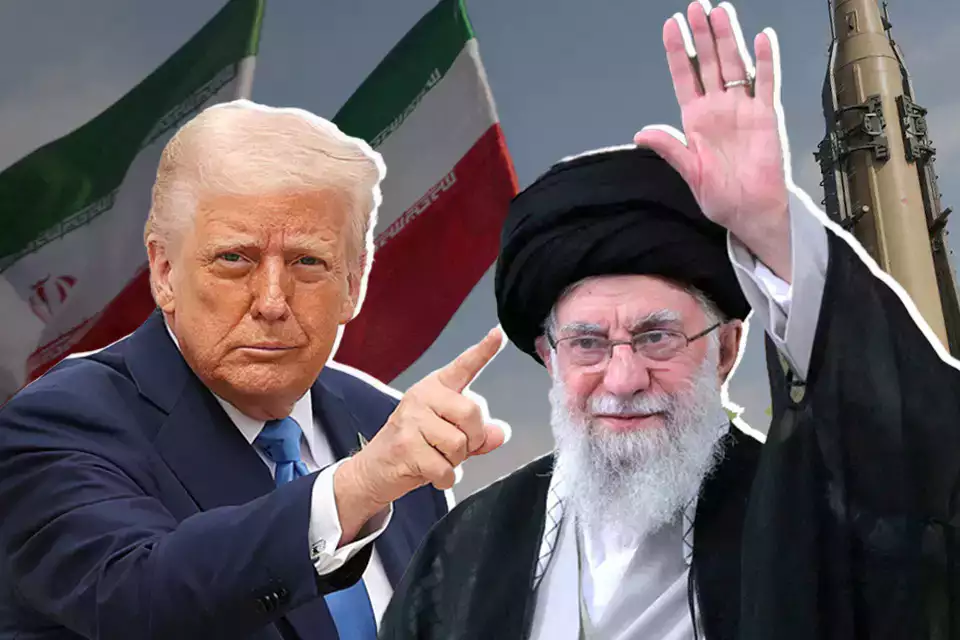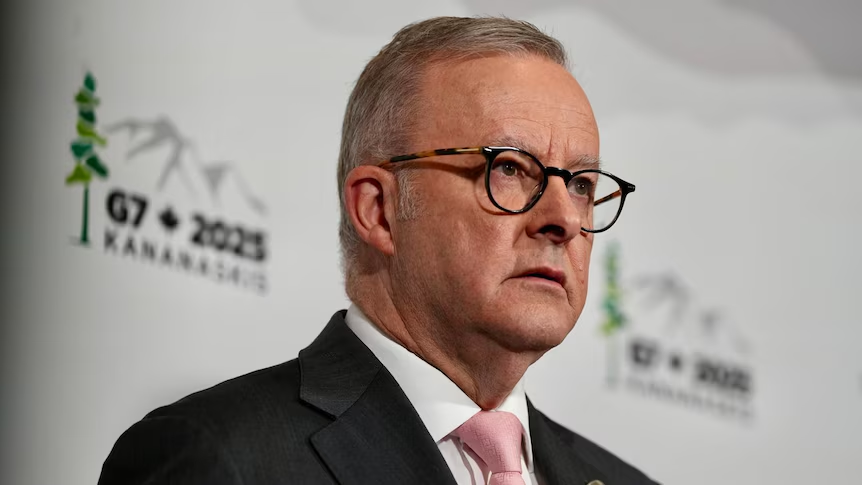The Australian government, led by Prime Minister Anthony Albanese, has finally spoken out about the recent US bombing of Iran. But what’s notable is what they didn’t say.
A Careful Statement
An Australian government spokesperson stated that Iran’s nuclear and ballistic missile program is a threat to international peace and security.
They also noted US President Donald Trump’s call for peace, saying, “The security situation in the region is highly volatile.
We continue to call for de-escalation, dialogue, and diplomacy.” However, the government stopped short of expressing support for the US attack.

A Volatile Situation
The conflict between the US, Israel, and Iran is escalating, with reports of at least 430 people killed and 3,500 injured in Iran.
The US hit three Iranian nuclear sites, including Fordow, Natanz, and Esfahan.
The Australian government has advised citizens in the region to monitor public safety information and be prepared for assisted departures.
Trump’s Bold Move
US President Donald Trump announced the attack on Iran via social media, calling it a “very successful attack.” He warned that any retaliation by Iran would be met with force.
Trump also stated that there are many targets left and that the US will go after them with precision, speed, and skill if peace doesn’t come quickly.
Australia’s Role
The Australian government has deployed defense assets to the region to assist in evacuation efforts. Foreign Minister Penny Wong has maintained that these assets are not there to engage in combat.
About 2,600 Australians in Iran and 1,200 in Israel are seeking assisted departures.
Calls for Peace
Greens spokesperson on Defence and Foreign Affairs David Shoebridge has called on Prime Minister Albanese to “choose to be a force for peace, not for war” by ending the AUKUS pact.
Greens leader Larissa Waters also urged Albanese to leave AUKUS, saying that Australia must have an independent foreign policy.
A Strained Relationship
The news comes amidst a strained relationship between the US and Australian leaders. Trump snubbed Albanese at the G7 Leaders Summit in Canada, citing urgent developments in the Middle East.
Albanese has since focused on deepening ties with European leaders, announcing a Security and Defence Partnership with the EU.
What’s Next?
As the situation continues to unfold, it’s unclear when Albanese and Trump will meet. Deputy Prime Minister Richard Marles will attend the upcoming NATO Summit in the Netherlands in Albanese’s place.
One thing is certain – the world is watching as the conflict between the US, Israel, and Iran escalates.
Will Australia’s careful statement be enough to navigate this volatile situation? Only time will tell.

